Repatriation to begin in mid-Nov
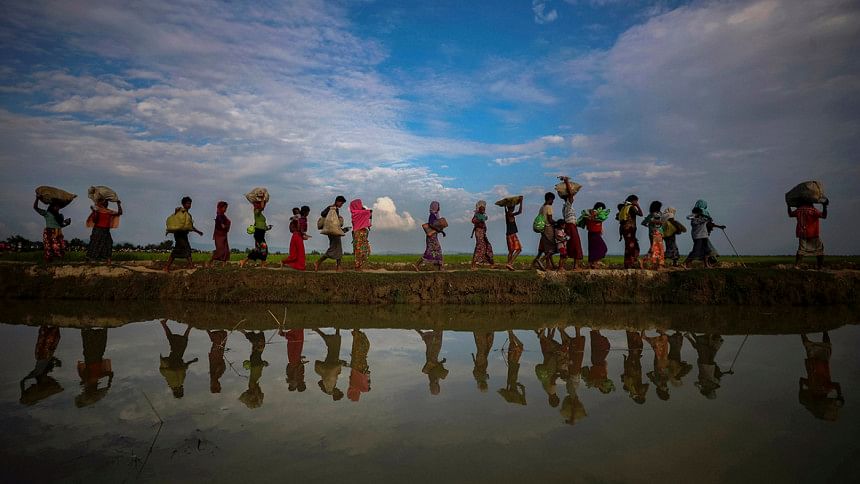
Myanmar would start taking Rohingyas back from mid-November, said Bangladesh Foreign Secretary Shahidul Haque.
He made the comment while talking to reporters following the third Joint Working Group (JWG) meeting on the repatriation, held at State Guest House Meghna yesterday.
Bangladesh and Myanmar had formed the JWG, with 15 members from each side, in December last year to oversee the repatriation of the refugees.
The Naypyidaw delegation consists of senior officials from Myanmar police, Rakhine state government, state counsellor office and departments of border affairs, relief, resettlement, health, and immigrant and population. The team also included Myanmar's ambassador to Bangladesh Lwin Oo.
The team will be visiting the Rohingya camps in Kutupalong today. Sources at the Refugee Relief and Repatriation Commission told this correspondent that the officials would observe the dire living conditions of the Rohingyas, and participate in group discussions with them.
This is the first time that a Myanmar delegation from the joint response team is visiting the camps. WinMyat Aye, Myanmar's minister for social welfare, relief and resettlement, had gone there in April.
"We have the political will for the repatriation. We will begin the process next month," Permanent Secretary of Myanmar foreign ministry Myint Thu, who led the Myanmar side at yesterday's meeting, told reporters.
"We have streamlined a lot of directives. We are instructing the police to work with the local community in maintaining law and order. We have been conducting awareness workshops among the police so that they do not discriminate against the Rohingya people," said Mynt Thu.
Law enforcers and local administration were, in fact, some of the major perpetrators in the genocide carried out against Rohingyas, a United Nations fact-finding report said.
IS IT FOR REAL THIS TIME?
For about a year now, Bangladesh has been pushing Myanmar to take back its nationals.
The Myanmar delegation while briefing the media yesterday did not elaborate on how many Rohingya refugees would be repatriated or how they would be rehabilitated, leaving behind concerns over the safe, dignified and voluntary return of the Rohingyas.
Foreign Minister AH Mahmood Ali on October 15 had said, "We've completed the village-wise verification of 8,000 Rohingyas to know who came from which village. We want to make sure they can start living in houses in their own villages."
A report by Amnesty International, published in March, showed how the Rohingya villages that were emptied out are being replaced with military bases, helipads and roads. The report was based on satellite images.
In August, diplomatic sources in Dhaka and Yangon had told The Daily Star, after visiting Maungdaw, there was barely any progress made regarding building accommodation facilities for the Rohingyas.
According to a foreign ministry press statement, the delegation saw 148 houses being built in one village, 20 in another for the internally displaced, while 50 more homes were being constructed in another village for returnees.
Myanmar's willingness to repatriate the Rohingyas, after lots of diplomatic efforts, remained questionable with the dillydallying over the repatriation.
Now, Bangladesh says it sees the will within Myanmar.
Talking to the reporters, Shahidul Haque, who led the Bangladesh side at yesterday's meeting, said, "This repatriation is a complex process. It needs political will. We feel Myanmar has the will."
Over 800,000 Rohingya refugees now reside in the refugee camps of Cox's Bazar since August last year after they had fled Myanmar fearing persecution.

 For all latest news, follow The Daily Star's Google News channel.
For all latest news, follow The Daily Star's Google News channel. 

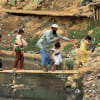
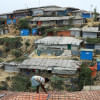
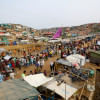
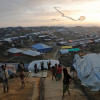
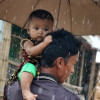


Comments